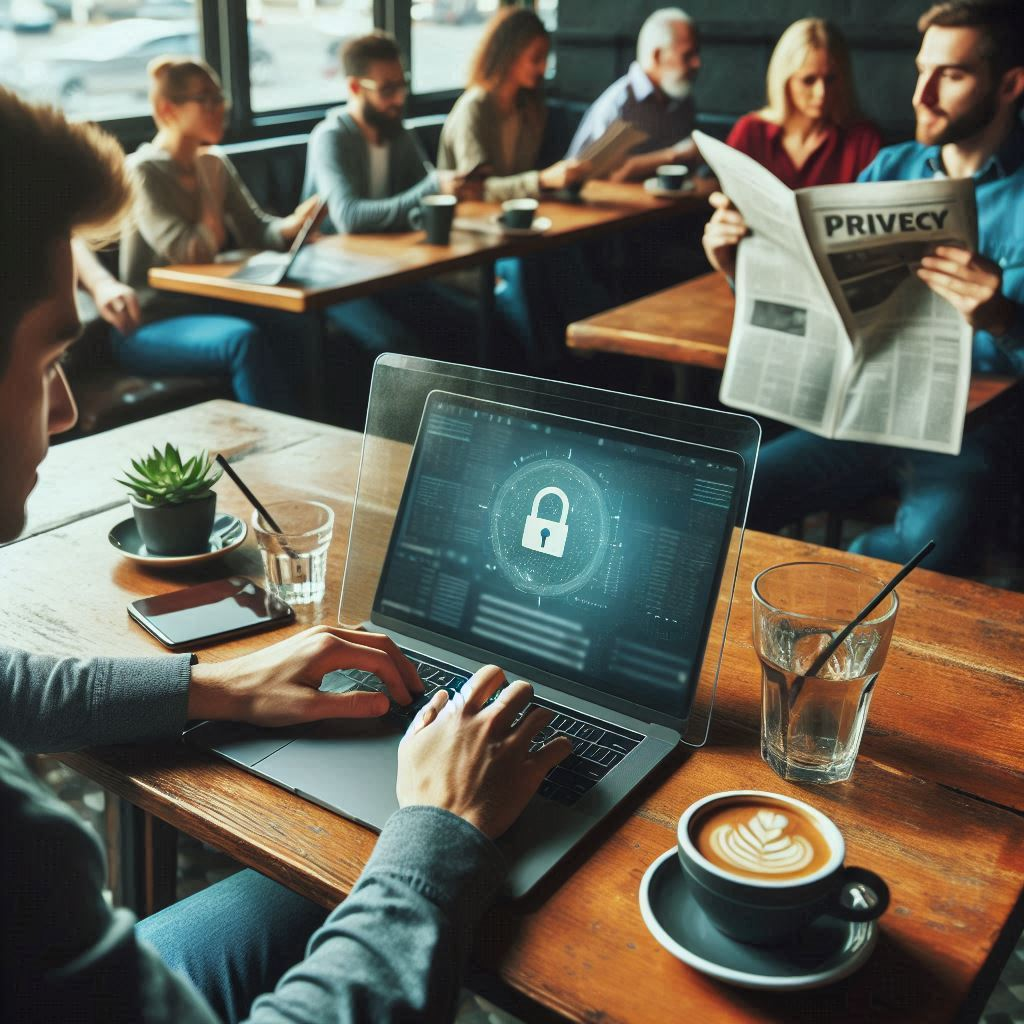Posted On 03 Aug 2024
1. Antivirus Protection
Having robust antivirus software installed on all your devices is crucial. It actively detects and alerts you to malware, phishing emails, and potential hacks.
2. Remove Yourself from the Internet
Your personal data can end up online through data breaches or scraping. Services like Incogni can help automate the process of removing your information from hundreds of sites, reducing the chances of constant spying.
3. Cover Your Webcam
Hackers can gain access to your webcam, so cover it with tape or use a physical camera cover. It’s a simple and inexpensive way to protect your privacy.
4. Strong, Unique Passwords
Use unique passwords for every account, including your desktop login. Set a short lock screen timer and always lock your desktop when leaving the room.
5. Turn Off Location Tracking
Visit Google My Activity and disable Location History, Web & App Activity, and YouTube History.
6. Scan for Spyware Apps
Regularly scan your phone for spyware apps. Check your phone’s location sharing settings and review logged-in accounts in browsers.
7. Use a VPN
A virtual private network (VPN) encrypts your internet traffic, preventing eavesdropping. Choose a reputable VPN service to enhance your privacy.
8. Update Your Devices and Apps
Regular updates patch security vulnerabilities. Keep your operating system, browsers, and apps up to date.
9. Be Cautious with Public Wi-Fi
Avoid sensitive transactions on public Wi-Fi networks. Use a VPN when connecting to public hotspots.
10. Review App Permissions
Check app permissions on your phone. Limit access to location, microphone, and camera unless necessary.
Remember, proactive steps can significantly reduce the risk of being spied on. Stay vigilant and protect your digital privacy! ????️









